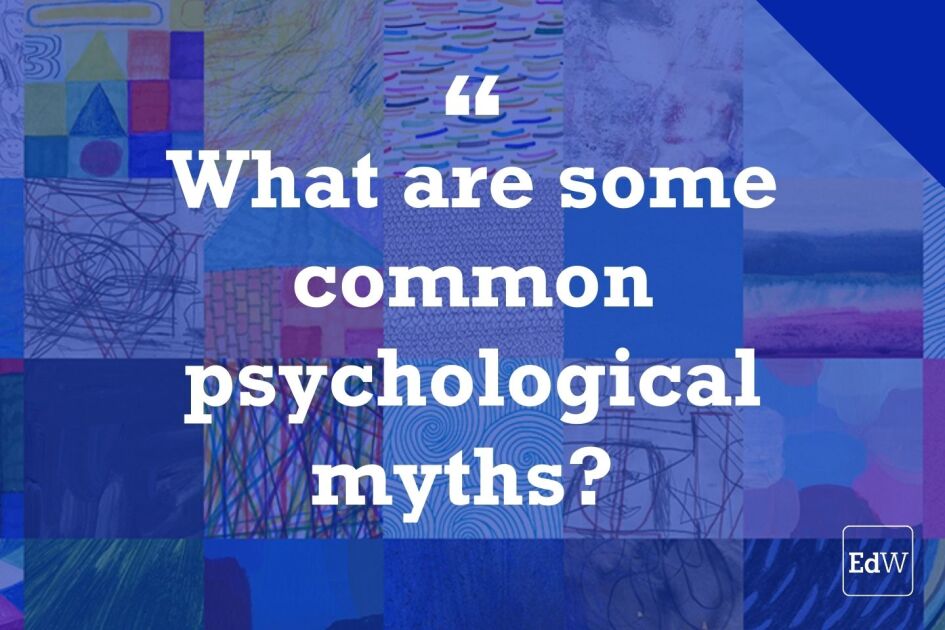School psychologists offer counseling and targeted programs to help students with learning, social, and behavioral problems. With expert knowledge of psychology, child development, learning, and education systems, school psychologists are trained to provide assessments and interventions, especially for special needs students.
The National Association of School Psychologists recommends one school psychologist per 1,000 students. In 2004, NASP found a U.S. average of one school psychologist per 1,621 students, down from an average of 1,816 in 1999. According to data collected by the National Association of State Boards of Education, only seven states have policies that recommend a ratio of school psychologists to students. And only two of those states—Indiana and South Carolina—have policies that meet NASP’s recommendation.

Source: National Association of State Boards of Education, 2006
Ratio policies, of course, do not ensure quality services, but they do offer a starting point toward determining school system needs. Research suggests that mental health screening and early intervention can prevent serious problems, such as violence and depression among students. To read more about this issue, see “Schools’ Role in Mental-Health Care Uneven, Experts Say,” (Education Week, May 1, 2007).






